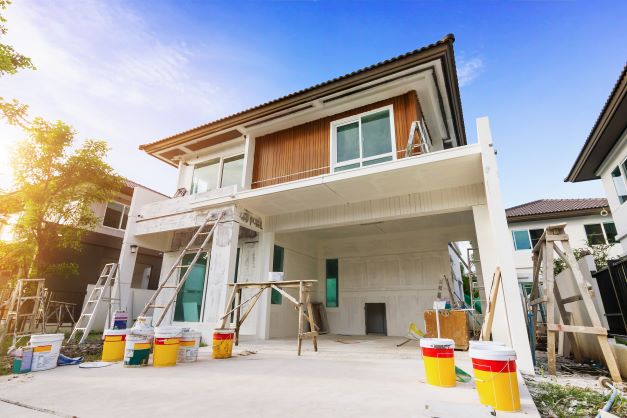Renovating a house can be a little bit of an adventure. You’re certain to come across a surprise or two now and again – but by doing your groundwork and planning as much of your build ahead of time, you can keep your costs and stress levels down while still ending up with a result that you’re happy with.
What to Renovate?
Your most important and consequential renovations should come first. Pick the areas of the home with which you’re least happy, and then work your way through. Once you know what you’re going to be doing, you can get an idea as to how much it’s going to ultimately cost you. If you lack experience in renovating, then it’s probably a good idea to start as small as possible. Then, once you’ve gotten a project under your belt, you can move on to something more ambitious.
Budgeting
Some renovations will be more extensive and expensive than others. You should get an idea of how far your money can stretch ahead of time. Source multiple quotes from multiple contractors. If there’s a lot of work that needs to be done in a given area of your home, then you might seek to limit costs by bringing in a project manager. This will help you to stay on top of avoidable expenses, and to anticipate any major hurdles that might delay your renovation indefinitely.
Funding your renovations
The most straightforward way to fund your renovations is to use case. But if you don’t have the cash to hand, then seeking some form of finance might be sensible. If you renovate in the right way, you’ll be adding value to your home – which means that lenders will have a reason to believe that you’re going to get them the money back.
If you’re older than 55, then an equity release mortgage might be a viable strategy. This is a means of accessing the value that’s already stored in your home – but you’ll need to have already paid off at least a substantial chunk of your mortgage for this to be viable.
Checking for Damage
Prior to commencing your renovation, you’ll want to check the property for signs of water damage, damp, mould or dry rot. These are all issues that will need to be dealt with before any proper renovation can take place. If they prove to be widespread and persistent, then you may find that your renovations aren’t worth the cost and effort.
Planning Permissions
In some cases, your renovation plans might be contingent on your receiving permission to carry them out from your local council. Minor renovations might be considered ‘permitted developments’ – which means that permission isn’t necessary. Generally speaking, internal renovations fall under this category.




